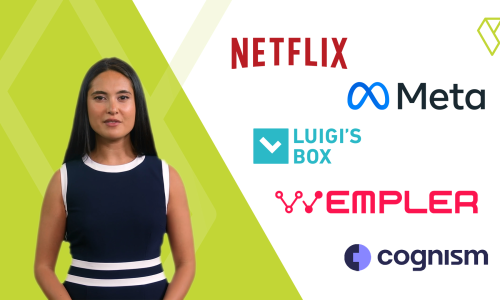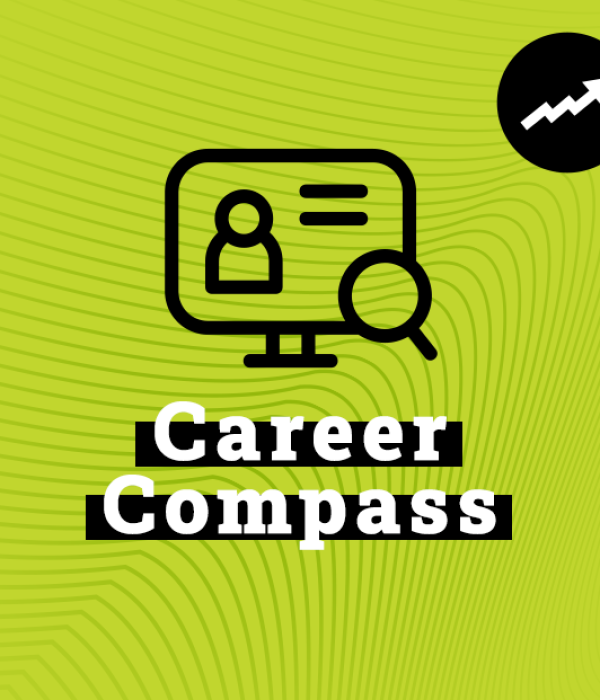What lies at the heart of effective sales intelligence? During the past decade, British-Croatian startup Cognism has become a leading force in sales intelligence. Founded in 2015, Cognism’s workforce of more than 500 employees is based in seven countries including the UK, USA, Canada, South Africa, Croatia, North Macedonia, and Germany.
At the beginning of 2022, the startup secured $87.5M Series C funding, which it used to expand across Europe and strengthen its position in the US.
In an interview with IT Logs, Stjepan Buljat, Chief Innovation Officer and co-founder of Cognism, offers insights into the essential elements that propel their platform to the forefront of sales intelligence.
From algorithmic technologies to the integration of natural language processing and machine learning, Buljat provides a comprehensive overview of Cognism’s unique approach to lead generation and sales management, as well as the role of big data and AI in shaping the future of sales intelligence.
IT Logs: How does Cognism’s solution work and what kind of data does it use?
Stjepan Buljat: We are a sales intelligence tool, which for a lot of people might be a bit abstract, depending on where they work. However, sales processes, at least in the UK and the US, are a bit different than what we have in this region. The approaches are a bit different. A lot of salespeople are using more and more digital tools like LinkedIn, CRM and everything else. So how we are positioned, we want to focus on high quality contact data.
When I say contact data, I pretty much think about emails and phone numbers. But those emails and phone numbers, from the professional standpoint, are B2B contact data, not B2C, not your private email or not your private phone number. In the end, our customers that are using our platform are buying high quality contact data from us.
So that’s our position, we want to be best in the market that has the best contact data out there, that is, at the same time fully compliant with all the data privacy regulations, because, as you probably know, there is a lot of regulation around data gathering, more so on the B2C side, less on the B2B, but still a lot on the B2B front from GDPR, CCPA, and some others.
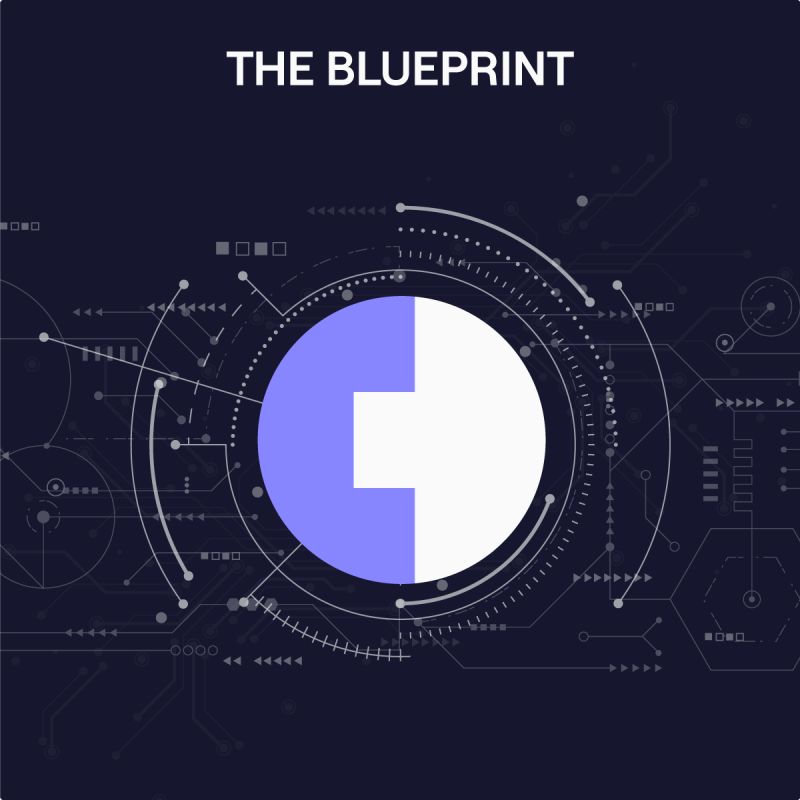
How can customers leverage this data through Cognism’s solution?
Customers are leveraging this data from our platform in a number of different ways. And our position on that front is also a bit different maybe to the other competitors, we are not trying to be like all in one solution that you just like sign up, and then you can do whatever, what we want to do, we want to complement your processes, we want to complement your existing workflows. We don’t want to change your processes too much.
What we do best is data source and data provider. And then we will be close to your workflows in terms of how you consume the data. If your team is using a lot of web browsing, like from LinkedIn to other networks, we have a Chrome extension. So, a Chrome extension sits nicely on a site at the point where once you need contact data on a given individual, or the data on the company that you’re exploring, we provide it at the point when you need it. We don’t want to change your process, we just want to complement it.
Our product needs to find a lot of individuals, a lot of profiles, given some sort of target persona, like you have an audience, for instance, maybe you’re targeting companies that are based in New York for some reason that they’re working in marketing and maybe the companies are hiring at the same time maybe by description, this is your target ideal buyer, then we can provide you a platform where you can search on specifically on those things and then we surface all the details you need.
All the data and the need to consume and then we usually have customers who have their own CRM, like HubSpot like all kinds of CRM software, and we integrate to them so we are again complementing them and connect it to their systems, and they can action that data however it plays.
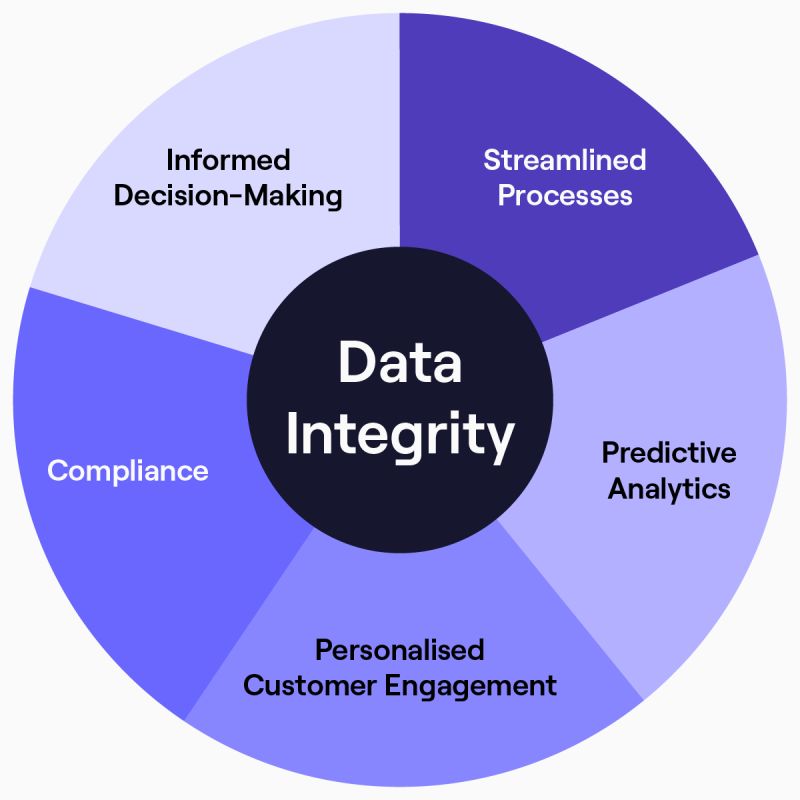
How do you integrate AI into the sales intelligence solutions?
We have a data science team internally, and the team is pretty much focused on working on enriching the datasets we already have. In essence, we have different sources, or different data points. So we have a number of sources that we either acquire the data ourselves, or we buy data from other vendors that are like premier vendors, or we have premium API’s for some data points.
All the different data points that we have – and when I say that data point, I mean specific attributes within the profile, might be email, might be a phone number, might be a skill, might be a job position, all these things, you can look at it from the CV type of data.
So, whatever is in the CV of the individual, those are all the data points. We have a different number of data providers that we in the end aggregate in a single data database. And then we try to enrich it as much as we can. Because not all data points are available. For instance, you might get the job title of a person, right, like a software developer, but nobody tells you what department is that. You need to read somehow, nobody tells you what seniority of the position is, management or middle management, C-level, there are different types of positions as well.
Our science team is pretty much working on problems around the raw data, come to some sort of inferred data for building departments, building seniorities, building industry taxonomies, because you need to understand what given company belongs to a given industry, you have data vendors that might be telling you about this industry.
Thus, we need to come up with our own view on the industries, then the data science team also is a data acquisition team as well, because we have access to public websites of companies, there is a lot of data around. Like if you look at the about us page, the company, you can also find the people working there.
There is an AI system that can get the data and create it so that we can use it easily. It’s not a simple task to build something like that. And yeah, they pretty much focus on enriching the data. So., what we don’t have they try to come up and model the data that our customers need to use.
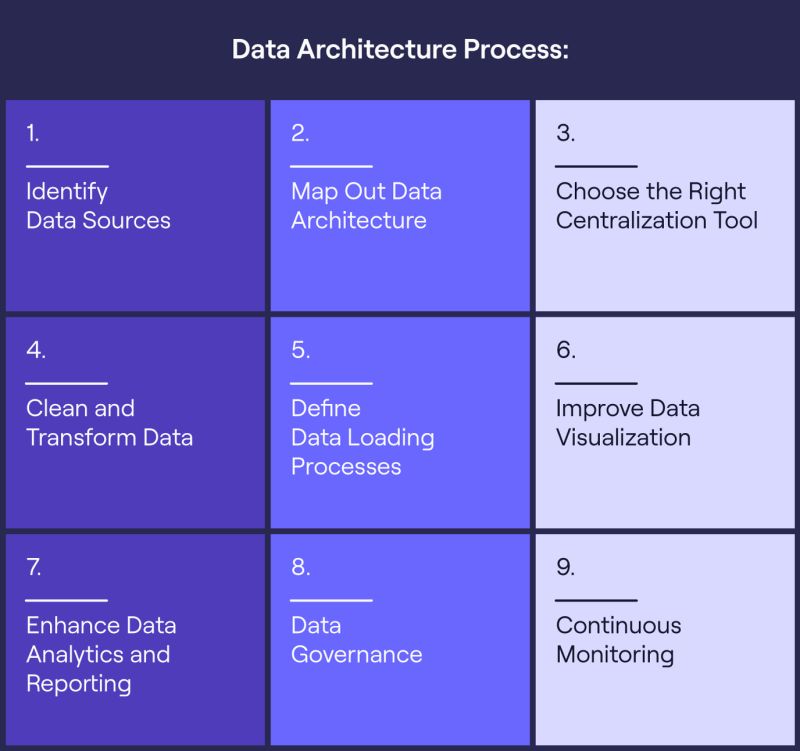
What would you say is the biggest challenge in sales intelligence?
We are a data company – we have these tools, we are software as a service, but in the end, in essence, we are a data company. And the challenge is always the data, acquiring the data, acquiring high quality data, and keeping the data fresh. That’s a massive challenge, because you can build some sort of advanced process to create a dataset that is highly accurate, has great coverage, and everything else.
But this is only at that point in time, right, the next day, a lot of these data points that you have records might be stale, or change because people change jobs right every day. And keeping data up to date is the biggest challenge. Because that also affects the quality or the other data points.
For instance, email addresses – however simple they might seem, if someone changes their job, and then you have a link to their previous company, meaning they have a link to the previous domain, immediately, you have a bad email. If you sell that to the client, and the client sends an email and the email bounces, that’s not a good thing, right. Or the team is pretty much focused on that when it comes to data privacy on its own, I think we pretty much covered all the bases, or what we need to do, obviously, the team compliance and legal team need, or they always need to be on the top of the regulation changes.
But GDPR is here to stay. We are in compliance with it, and there are a lot of processes around it. That’s like a well-oiled machine that works now, but it might be at a later stage that some countries might start building their own data privacy regulations, and we are always on the lookout. If that happens, we will be prepared. But it’s a challenge, but not as big as the first one that I mentioned around data. Having accurate data and having great coverage, fresh data and so on.
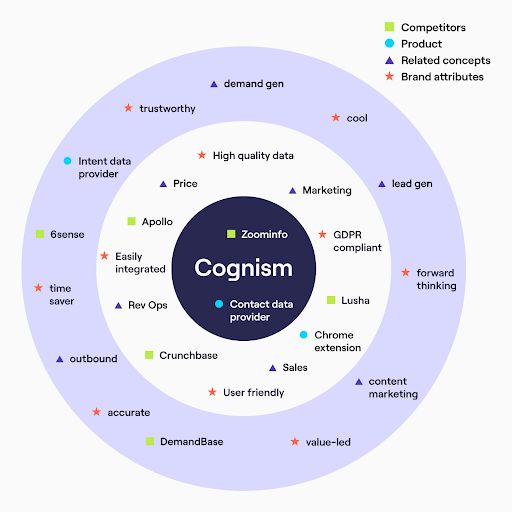
What do you think are the most exciting developments in AI for sales intelligence that you’re seeing, like emerging trends?
ChatGPT is definitely one of them, because this will have an impact on pretty much all the software systems out there. It is just so powerful and has a lot of components, and we are exploring ways to use it and obviously to optimize the existing process. And that can be applied in a number of use cases.
For example, our clients can search on our dataset using a number of different fields, as we have plenty, plenty of these fields out there. And it is sometimes not that easy for a new newcomer to our platform to find their way around it right? What filters they can use and how they should be using that common plain English writing, I need this and that and then the system understands what exactly they mean – and a system built on top of ChatGPT would help and be a tremendous change.
Because then, you don’t have to explain how the platform works. You just say okay, you need to type it, in your own words, and the system will understand what you mean. I think that’s super powerful, and that’s one of the things that I see as a big change in the AI front.

